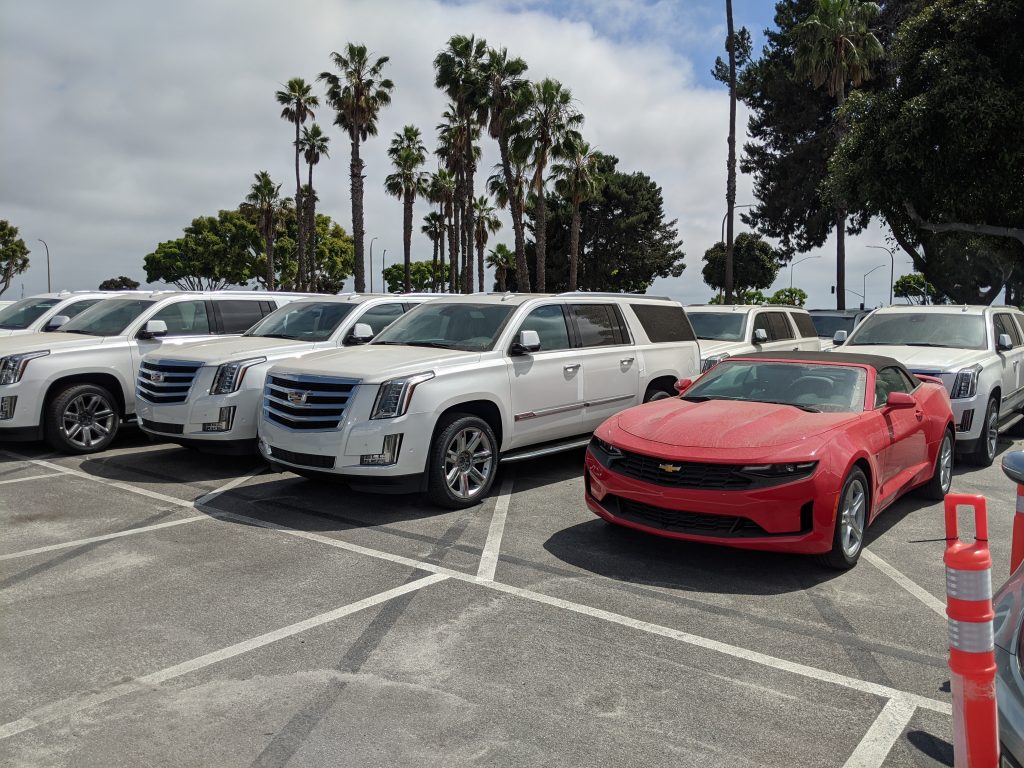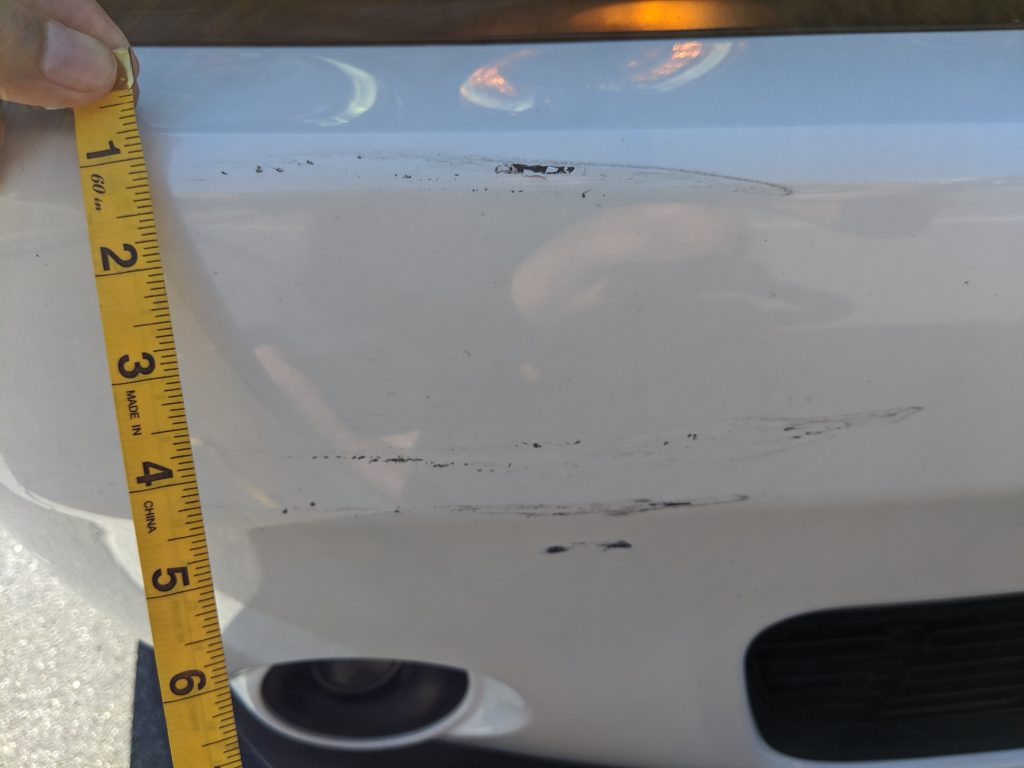
From the ACRA Newsletter Editor:
Carlos A. Bazan
Carlos has ample experience operating peer to peer and traditional, independent car rental companies, including neighborhood locations and airport facilities. Carlos has owned car rental operations in the San Diego, Los Angeles, Phoenix, Las Vegas, Reno/Tahoe, San Jose, Dallas, Houston, and Honolulu markets and is in charge now of over 100 franchised locations in 14 countries.
New and disruptive technologies have lowered the entry barrier for new car rental operators. Many individuals have seen the car rental business as an opportunity to either supplement their current income or help pay for the installments of luxury or sports vehicles, while many more have seen it as an opportunity to grow wealth and build a family business that could last for generations.
I’m often asked questions that startle me and make me think that education in entrepreneurship and car rentals basics is often ignored. People already renting cars want to know if they should create a legal entity to run their business, or at what point renting cars stops being a hobby or a gig and becomes a business. Some would ask how to insure cars or how to determine the best rate strategy. These questions and so many more should have an answer before starting a car rental operation. If you are running a car rental business, whether it is 1 or 1,000,000 cars, you must do your research and have good business and car rental acumen.
Lack of proper research could lead to an underperforming business or one that eventually closes or faces many problems.
Know the legal framework and industry best practices – and act upon them
A car rental business done the right way is a rewarding experience and can be a lucrative one. Even before you start you should consult an experienced attorney to understand the legalities of the business and any laws and regulations that apply to you. You should also have your forms and documents expertly drafted. Everything from your Terms of Service to your Rental Agreement must have certain elements that protect you and your renter while perfectly disclosing any needed information and describing the rights and obligations of the owner and the renter.
Understanding your local laws is key to driving your business in an ethical and professional manner. There are specific procedures in almost every state regarding counter product offerings, renter’s license verification, handing off the vehicle, and more. Knowing these procedures and industry’s best practices is paramount in building your success. This is an industry that has been around for 100+ years. The best practices known to operators have proven to work, and cutting corners often results in huge problems and big losses. Don’t cut corners.
Always consult an attorney before you start operations, have your legal counsel close while you build your company and face new scenarios, and never let them go as you work to stay current with changes in law that might affect your business.
Knowing the tools and partners
You are supposed to rent cars. Don’t distract yourself by trying to simultaneously run other business lines or sources of revenue. Rather, focus on your main business at least until it is fully developed. Remembers – you are not in the business of remarketing, vehicle repair, parking services, body shop, etc. You are not in the business of collections or claims management.
There are vendors that focus on very specific areas that support car rental operations. If you have a sizeable fleet, odds are you already understand your claims and incidents rate. Claims and vehicle recoveries will start becoming a burden that could burn a hole in your financials if not handled promptly or effectively. For those cases, consider engaging asset recovery companies or third-party claims administrators that can take that burden off you and might even help you recover damages and costs that would be hard for you to do so.
Likewise, there are support companies in many other areas – vehicle condition and damage reporting; tolls and tickets collection automation; insurance brokers and carriers; fleet management, fleet sourcing, financing, and remarketing; telematics; rental software; messaging and customer communications automation; automatic rate management; and so many more. Knowing what is available may help you run an efficient and profitable car rental company.
A business of buying and selling cars
Although your primary day-to-day focus should be renting cars, a phrase that struck me and has been in my head for years is, “we are in the business of buying and selling cars, we just happen to rent them in between”. This is as true as it gets. It is important for a car rental operator to understand and manage the timing of buying and selling vehicles. If we get that timing right, then we can better understand the financials of the rental portion of the business.

Photo: Courtesy CA BAZAN, LLP. CC BY-NC-SA
It is a fact that cars are depreciating assets. Because of that, rental operators may wish to work with specialized banks and other financial advisors who can develop formulas and amortization rates that may help recapture equity within a reasonable timeframe to lessen the impact from depreciation, which in turn should give the car rental operator the ability to sell the vehicle, purchase at least a replacement one, and put cash flow back into its operation.
After this, what’s left is understanding the operator’s individual revenue goals per vehicle and adjusting rates according to market conditions and utilization targets. Reaching an average revenue per vehicle that covers and exceeds the proportional marketing and sales costs and operating expenses per car along with the car installment and cost of money of each vehicle should yield a healthy company operation.
Always consult with financial experts, accountants, and your bank to understand your financials, metrics, and goals.
A business of risk management
Every time a car goes out we are putting a $20,000 or more asset in someone’s hands. While we might have followed every single part of our processes, there is always risk. Risk comes in the shape of damage or loss of our vehicle, or potential liability from something that might happen during the rental event.
It is not the scope of this column to address liability – you should consult with an attorney about that. What I would mention instead is that there are ways to manage risk. Each person and each company have their own risk tolerance, and that drives many decisions – on which cars to buy, how many, where to rent them at, what insurance rules will be implemented, and more.

Photo: Courtesy CA BAZAN, LLP. CC BY-NC-SA
A successful car rental operator understands its risk and how to manage it. It all starts with a consultation with an attorney and with retaining the services of industry experts to reduce risk. Having a healthy relationship with an insurance agent that knows the industry and creates a portfolio of products is key. Would your business need general liability insurance? Daily rental fleet insurance? Will you set your own captive? Will you self-insure? How will counter products protect your investment and policies? Could personal insurance verification services help you? Would you rent to drivers under 25? All these questions must have answers that come after consultation with seasoned professionals.
A business of math and growth
I explained above how this is a business of buying and selling cars. I also talked about how the right banking product would help reach the right equity recapture on every vehicle we buy and sell. I mentioned that a vehicles ARPU must cover and exceed COS, OPEX, amortization, and cost of money.
The conclusion we can draw from just that paragraph above is that we can pretty much plug numbers into a spreadsheet, run a quick model, and understand our business. With these formulas, you can determine which cars to buy, when to buy them, how much to buy them for and when to sell them and for how much, even before buying them. Heck, run a proforma and you can plan your whole year ahead.
Until next time, here’s to smarter, safer, and more efficient car rentals!
Warm regards and have a successful 2025,
Carlos Bazan / Editor
